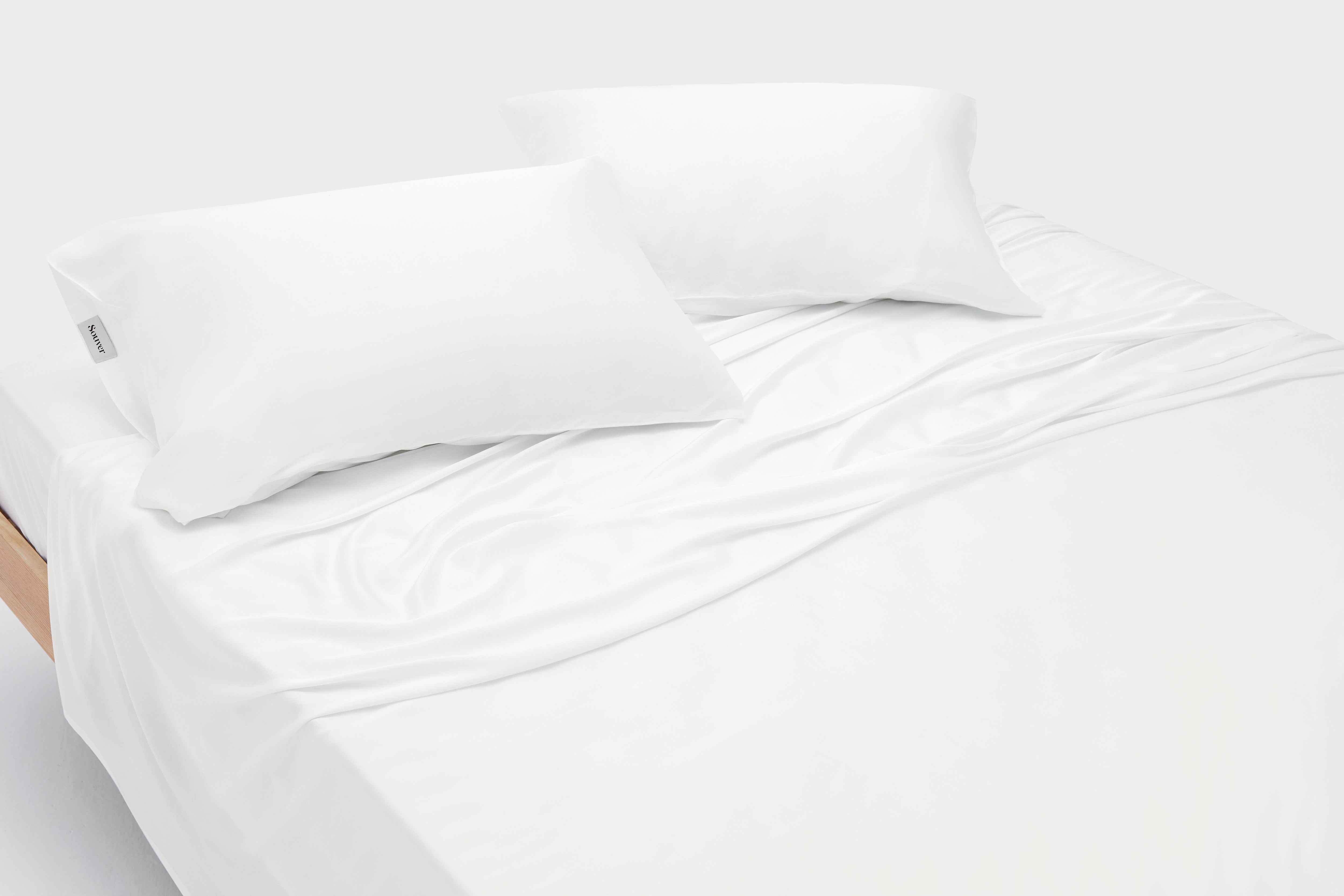- Supine (lying flat on your back)
- Prone (face down)
- Lateral (lying on one side)
- Fetal position (curled up on your side with knees bent)
- Other (please specify)

Sleeping positions might be one of the most overlooked aspects of our daily lives, yet they have a profound impact on our sleep quality and overall health. In this article, we'll delve into several common sleep positions to help you find the one that suits you best, ensuring peaceful and restful nights every time.
1.Supine (Back Sleeping):
Supine, or back sleeping, is one of the most common sleep positions where you lie flat on your back with your face upward. This position is beneficial for the health of your spine and neck as it maintains a natural curvature. However, it may not be the best choice for snorers, as it can potentially lead to partial airway blockage.
2.Prone (Stomach Sleeping):
Prone means lying face down. This sleep position may not be ideal for snorers and individuals with sleep apnea, as it increases the risk of airway obstruction. However, some people find that prone sleeping helps alleviate stomach discomfort.
 3.Lateral (Side Sleeping):
3.Lateral (Side Sleeping):
Lateral sleeping, or side sleeping, is a highly popular sleep position and can be divided into left-side sleeping and right-side sleeping. Left-side sleeping aids digestion and reduces acid reflux symptoms, while right-side sleeping may be beneficial for heart and lung health. Side sleeping is also known to alleviate snoring issues.
 4. Fetal Position:
4. Fetal Position:
This position involves curling up your body into a ball, typically on one side with your knees bent. It may help reduce snoring but might have some adverse effects on neck and back health due to abnormal pressure on the spine and joints.
5.Other Ways:
Some people may have unique sleep positions or a combination of multiple positions. Regardless, it's essential to find what feels most comfortable and promotes high-quality sleep for you.

When choosing a sleep position, consider your individual needs and physical health. Maintaining proper spinal alignment is crucial. If you have concerns about your sleep position, it's best to consult a doctor or a professional therapist to receive personalized advice.
Regardless of your chosen sleep position, ensure you're on a comfortable mattress and accompanied by high-quality bedding. Sleep is vital for both physical and mental well-being, so cherish each moment of peaceful rest to wake up feeling refreshed and revitalized every day!









Leave a comment
This site is protected by hCaptcha and the hCaptcha Privacy Policy and Terms of Service apply.